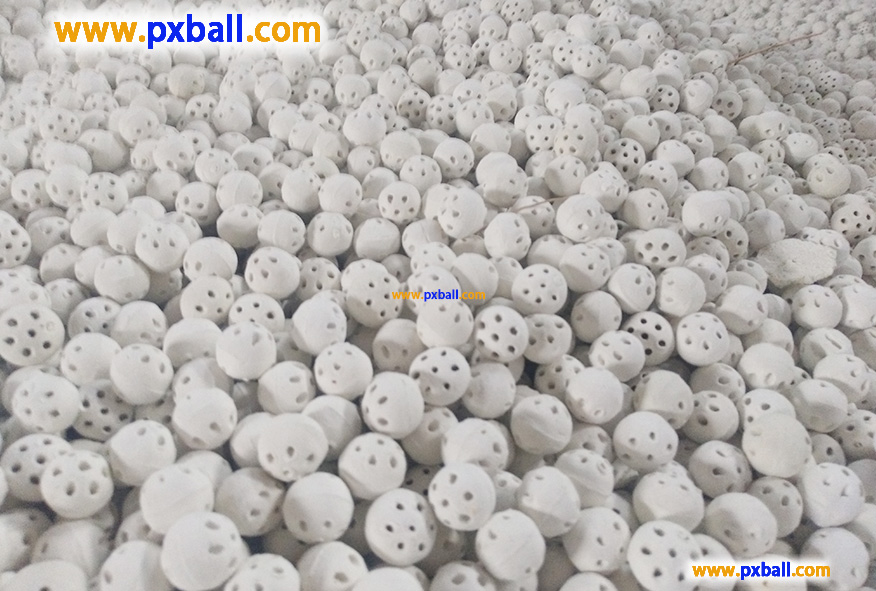
Factory Introduction
We are a factory specializing in manufacturing porous inert alumina ceramic balls of various sizes and specifications, as well as non-porous solid inert ceramic balls. We were established in 2014 in Xiangdong Ceramic Industrial Park, Pingxiang City, Jiangxi Province, China. Our monthly output of inert ceramic balls is 2,000 tons. Every step of the process, from raw material procurement, production processing, high-temperature sintering, product inspection, packaging and delivery, is strictly carried out in accordance with standardization. Moreover, due to our years of professional production, the quality is more reliable and the price is more competitive.
Contact Information:
Email: lizhi@pxball.cn WeChat ID: pxlizhi Website: https://www.pxball.com/
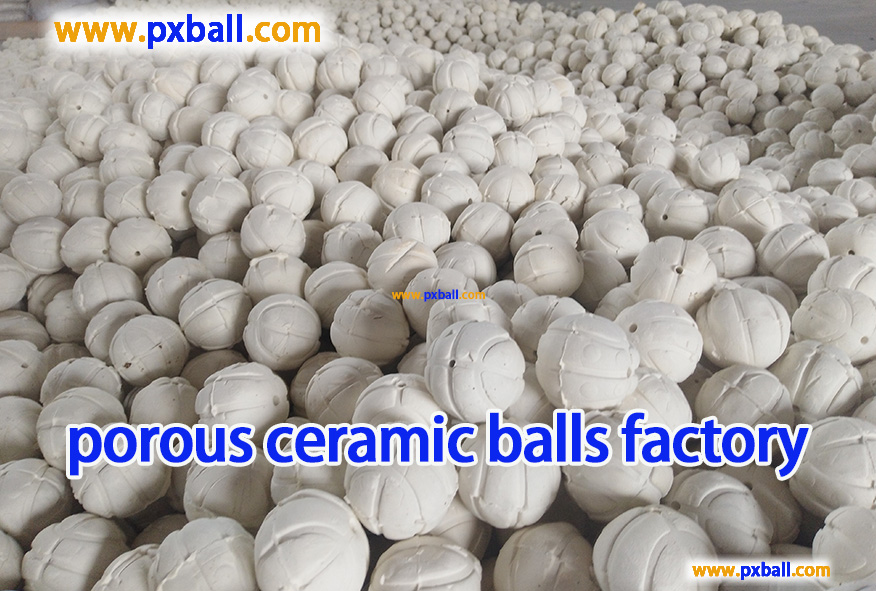
Specifications and Classification:
The specifications of porous ceramic balls are diverse. Common specifications include spherical particles with diameters ranging from 10 millimeters to 50 millimeters, as well as different porosities and pore sizes. They are usually classified into types such as two-hole, three-hole, five-hole, and seven-hole, to meet various requirements.
Consider the application environment
Temperature: If used in high-temperature environments, such as in high-temperature furnaces in the metallurgical industry or in ceramic sintering furnaces, it is necessary to select porous ceramic balls with high thermal stability to ensure that they do not soften, deform or crack at high temperatures. For example, porous ceramic balls made of alumina-based materials can withstand higher temperatures. When used in normal temperature or low-temperature environments, the requirement for thermal stability is relatively lower, but issues such as brittleness at low temperatures need to be considered.
Chemical environment: In acidic environments, such as in acid washing processes in chemical production or in the treatment of acidic wastewater, porous ceramic balls with good acid resistance should be selected, such as ceramic balls made of silicon carbide. In alkaline environments, ceramic balls with alkali resistance should be selected. If in an environment containing organic solvents, the chemical stability of the ceramic balls should be considered to avoid corrosion or swelling by organic solvents.
Pressure: In high-pressure environments, such as in oil wells in oil extraction or in high-pressure gas transmission pipelines, porous ceramic balls need to have high compressive strength to prevent cracking under pressure. While in some low-pressure or non-pressure environments, such as in ordinary air filtration or static adsorption scenarios, the requirement for compressive strength is relatively lower.
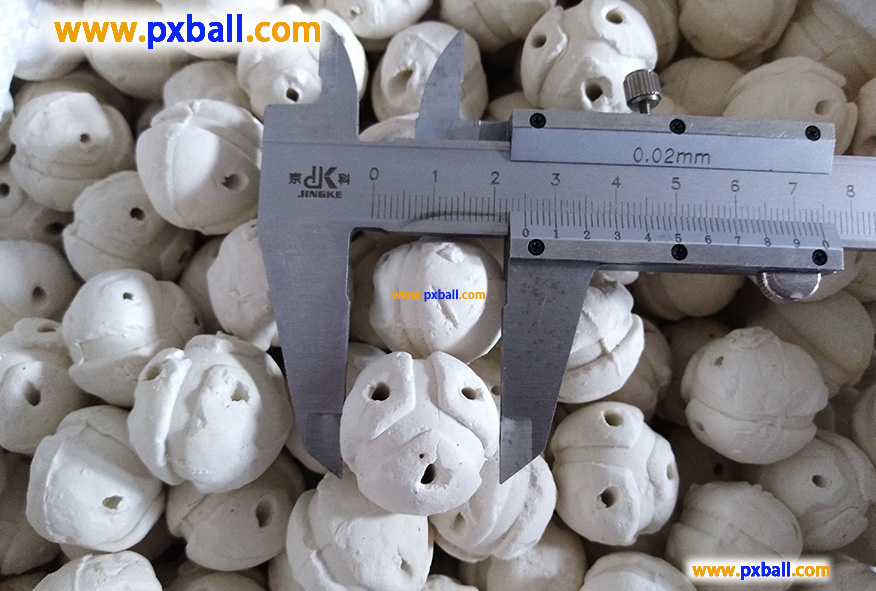
Clarify functional requirements
Porosity and pore size distribution: High porosity usually implies a larger specific surface area and better adsorption and filtration performance, but it may affect mechanical strength. If rapid filtration or gas diffusion is required, ceramic balls with larger pore diameters and uniform distribution should be selected; if used for precise filtration or with high requirements for adsorption selectivity, ceramic balls with smaller pore diameters and narrow distribution may be needed.
Shape and size: Choose the appropriate shape and size based on the space and fluid characteristics of the application. In fixed-bed reactors, ceramic balls with larger diameters are usually selected to reduce bed layer resistance; in some micro-devices with limited space, small-sized ceramic balls or ceramic balls with special shapes may be needed.
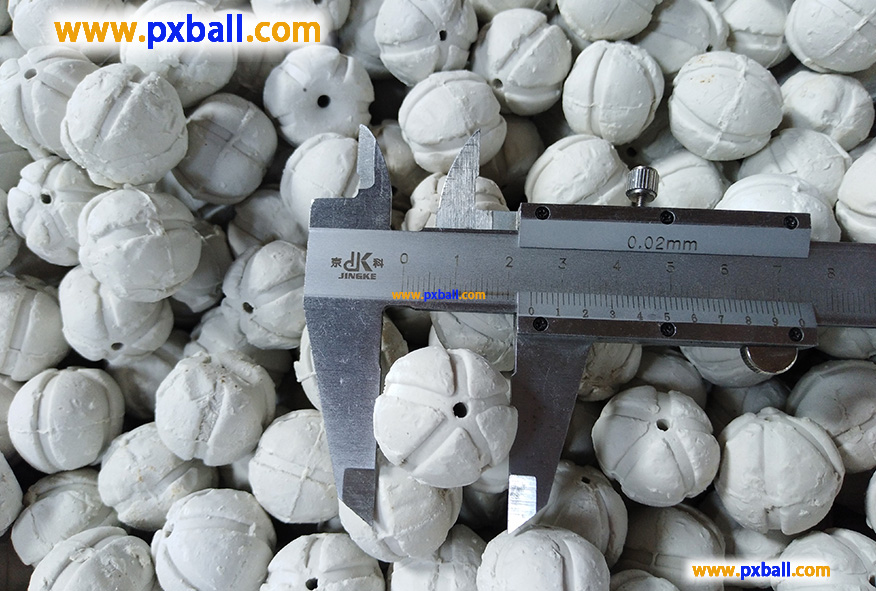
Application domain
Chemical Engineering Field: As a filler in chemical reactors, it provides a favorable reaction environment and enhances reaction efficiency; it is widely used as a carrier for catalysts, taking advantage of its high specific surface area and chemical stability to load catalysts and promote chemical reactions; it can also be used in various filters to filter impurities in fluids.
Metallurgical Field: It plays a supporting and protective role in processes such as metal smelting and continuous casting. For example, in blast furnace ironmaking, it can be part of the furnace charge, providing support and ventilation, which helps facilitate the reactions within the furnace.
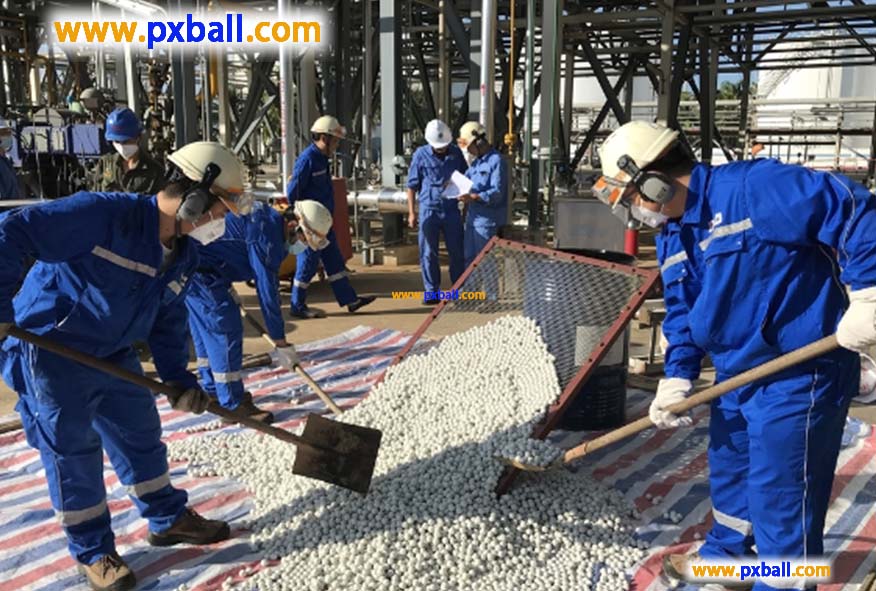
Inert Porcelain Ball Manufacturers

Porous Ceramic Balls Factory
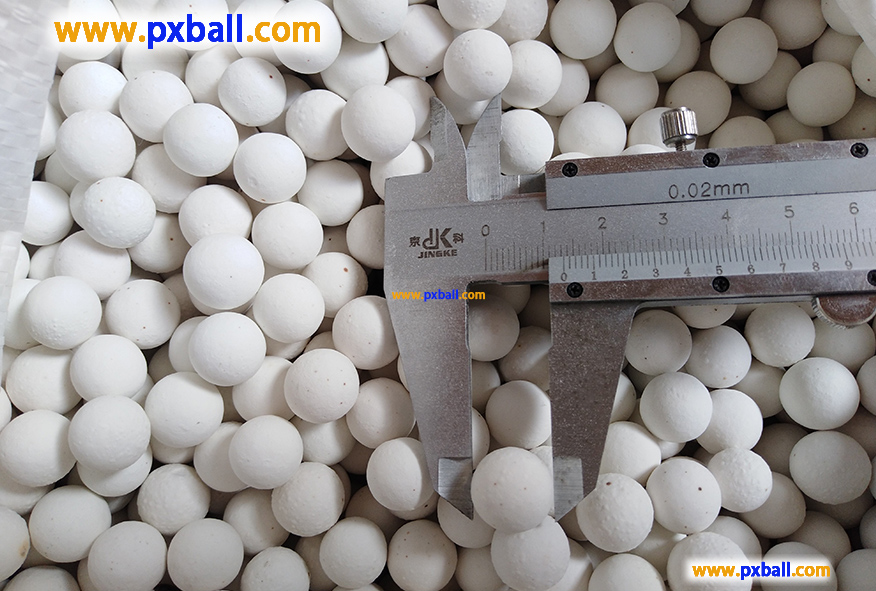
inert alumina ceramic ball factory
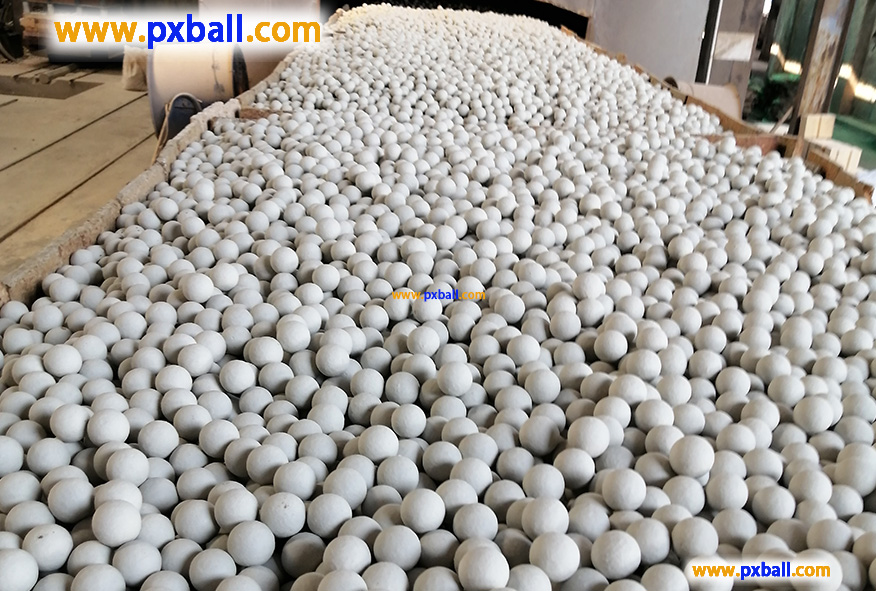
al2o3 ceramic ball factory
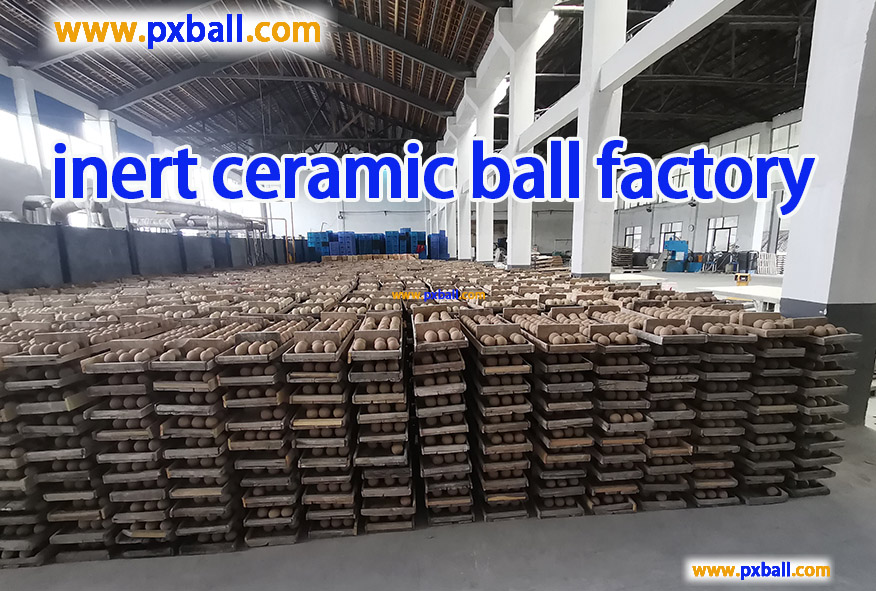
inert ceramic ball factory
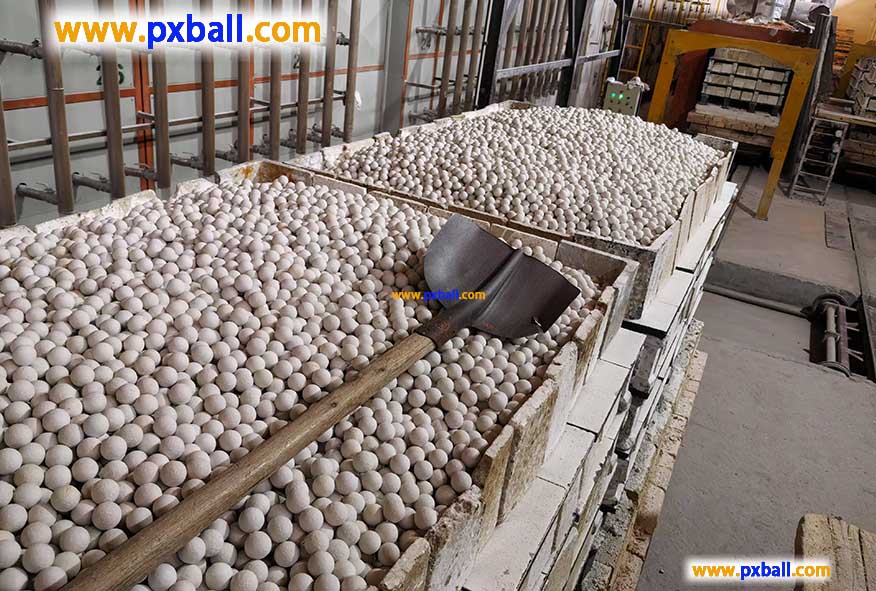
alumina ball factory
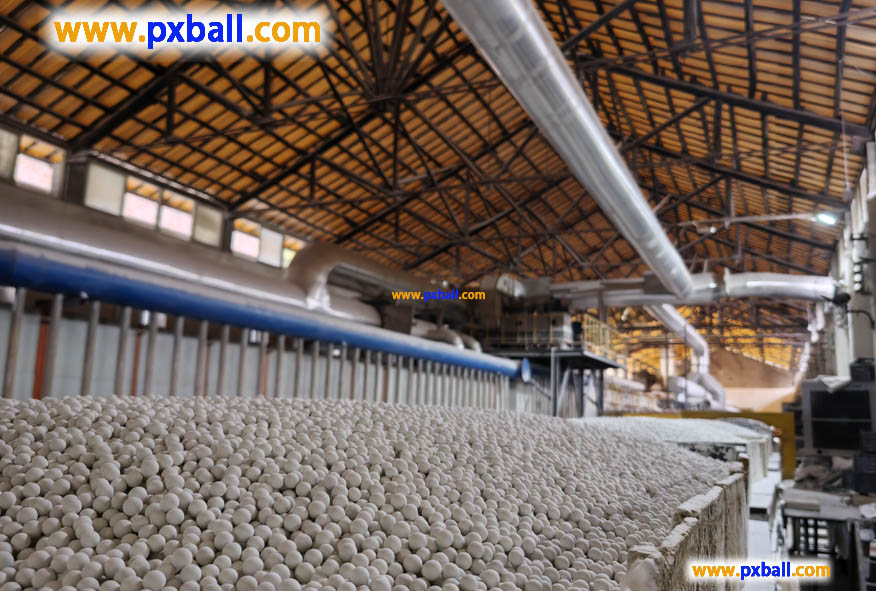
alumina ceramic ball factory